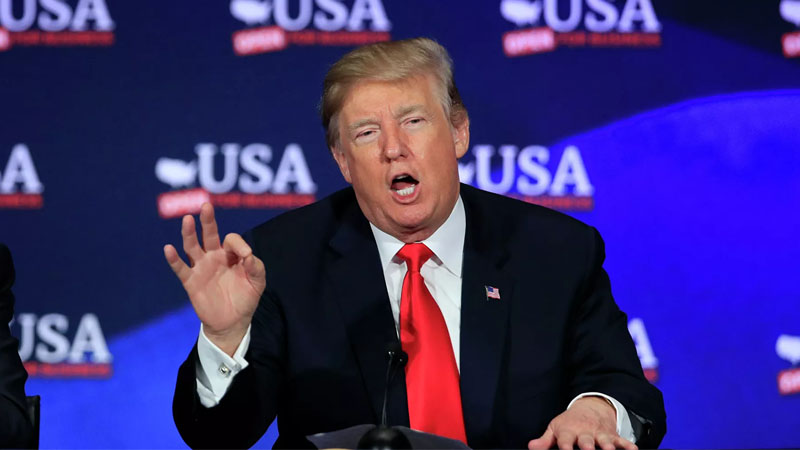In a recent development that has stirred the political waters, attorneys for former President Donald Trump have revealed that he kept classified documents at Trump Tower during his time in office. This disclosure, reported by Newsweek, has unfolded amid an ongoing legal tussle concerning the management of governmental records throughout Trump’s presidential term, casting a new light on his conduct concerning sensitive materials.
This revelation has not only piqued significant interest but has also sparked concerns over potential violations of national security protocols. The classified documents, as stated by Trump’s legal representatives, were housed at his personal abode within the towering edifice of Trump Tower in New York City. The specific details and the nature of these documents remain under wraps, fueling widespread speculation and raising questions about their implications for national security.
The incident has intensified the scrutiny surrounding Trump’s practices with sensitive information, reviving discussions about his unconventional approach to national security measures. Throughout his presidency, Trump was often critiqued for his handling of sensitive matters, including his preference for personal electronic devices and holding private discussions with foreign dignitaries. The fact that classified documents were stored in a non-secure private residence further amplifies concerns regarding his compliance with established security norms.
Legal pundits are delving into the possibility that retaining classified documents outside secured government premises could contravene federal statutes related to the management of government records. The Presidential Records Act mandates the preservation of all presidential records, classified documents included, and their eventual handover to the National Archives post a president’s tenure. Non-adherence to these stipulations could potentially lead to legal repercussions for Trump and his associates, via Reuters.
The emergence of this information has led to a clamor for an exhaustive inquiry by both congressional panels and law enforcement bodies. While some Democrats are voicing apprehensions about the security risks this mishandling of classified information might pose, certain Republicans have sought to minimize the gravity of the situation, depicting it as a politically charged onslaught against Trump.
This episode unfolds against the backdrop of a Republican Party grappling with internal rifts, partly influenced by Trump’s enduring sway over its trajectory. The discord within the party has been exacerbated by differing stances on Trump’s legacy, particularly in the aftermath of the events of January 6th.
Trump’s legal team has come forward in his defense, asserting that he adhered to necessary protocols to ensure the security of the classified documents, while also accusing his detractors of attempting to tarnish his legacy through unfounded allegations.
This situation not only poses a challenge for the Biden administration, tasked with addressing potential security loopholes from its predecessor but also emphasizes the critical need for stringent oversight and accountability in handling national security matters. The incident at Trump Tower is set to further fuel investigations into Trump’s administration and its dealings with classified information, underscoring a period marked by contentious political dynamics and concerns over the safeguarding of national security interests.



